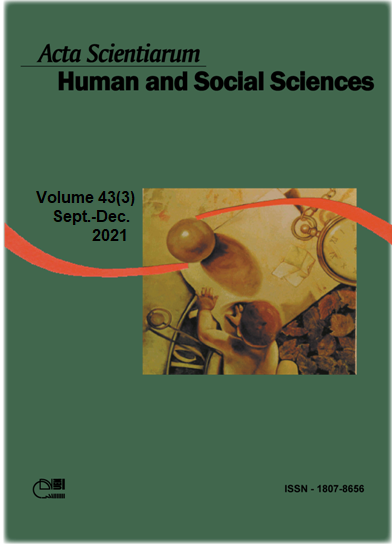Naïve realism and the phenomenology of perception and memory
Resumo
In this paper, I begin to explore what a naïve realist might say about the phenomenology of episodic memory. I start by arguing that, when it comes to accounting for the phenomenology of memory experiences, there are two primary options available to the naïve realist: to treat memory phenomenology along the same lines as perceptual phenomenology – as involving phenomenal character that is grounded in acquaintance with the external environment – or to treat memory as lacking such acquaintance-based phenomenal character, and then attempting to account for there being something it is like to remember as being somehow inherited from cases that do have phenomenal character. I then explore the prospects of providing an account of the phenomenology of episodic memory in both ways, before tentatively coming down in favour of the latter approach
Downloads
DECLARAÇÃO DE ORIGINALIDADE E DIREITOS AUTORAIS
Declaro que o presente artigo é original, não tendo sido submetido à publicação em qualquer outro periódico nacional ou internacional, quer seja em parte ou em sua totalidade.
Os direitos autorais pertencem exclusivamente aos autores. Os direitos de licenciamento utilizados pelo periódico é a licença Creative Commons Attribution 4.0 (CC BY 4.0): são permitidos o acompartilhamento (cópia e distribuição do material em qualqer meio ou formato) e adaptação (remix, transformação e criação de material a partir do conteúdo assim licenciado para quaisquer fins, inclusive comerciais.
Recomenda-se a leitura desse link para maiores informações sobre o tema: fornecimento de créditos e referências de forma correta, entre outros detalhes cruciais para uso adequado do material licenciado.


























